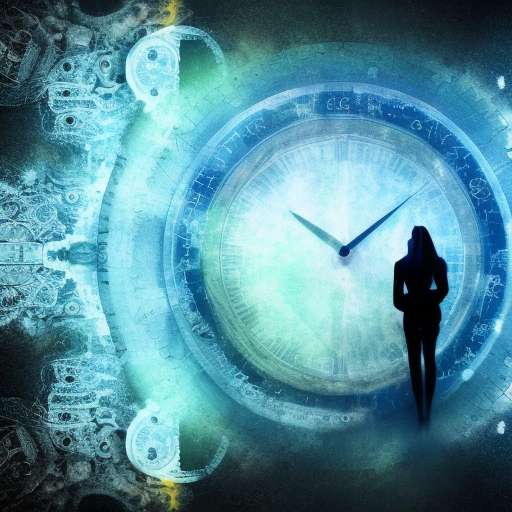
What’s your relationship with time?
What is time? Why are we so obsessed with it? And how can we stop feeling crushed by time and be more conscious of our choices?

What is serendipity?
What is serendipity? What’s the difference between serendipity and synchronicity? And how can I bring more into my life?

What is consciousness?
What is consciousness? What’s its purpose? And why is understanding consciousness so important?

How does memory work?
What is memory? How are our memories formed? Where do they exist and hang out? How do we access them? And why do memories change over time?

Why do we dream?
There are many theories about why we dream, a source of mystery for scientists and psychologists alike. Why do we dream? What do they mean? Can we control them?

Chaos theory — what’s your butterfly effect?
My first exposure to chaos theory and the butterfly effect happened back in the mid-1990s around the time of the original Jurassic Park film release. I’d been working in high-tech for over a decade. After three life-enriching pregnancies and three visionary product cancellations, I longed for a reset. I needed a pause to re-energize and regroup from my engineering and marketing positions. I needed a bit less chaos. And I don’t mean with the kids. But that's not how it works. Chaos is all around us. All the time.

Who are you entangled with?
Quantum physics has fascinated me for decades. As a non-quantum scientist, wrapping my arms around quantum concepts has been an intriguing challenge. Movies, TV shows, and books experimenting with the concepts help. #thoughtechoes

What's a mindset?
When I first came across the term mindset, it was back in the summer of 2020 near the beginning of the pandemic. Many friends described a COVID fog they felt. They shared their difficulty in participating in their regular activities. Then I learned more about mindsets: fixed and growth, which do you have?

Strokes & neuroanatomy — what’s your monkey mind up to?
Learning more about neuroanatomy & monkey mind. According to the World Stroke Organization, there are over 12M strokes worldwide per year. Strokes are becoming more frequent (1 in 4 over a lifetime vs 1 in 6 thirty years ago). Strokes are affecting younger and younger people too (22% are younger than 50, and almost 70% are younger than 70). Let that sink in - 70% are younger than 70.